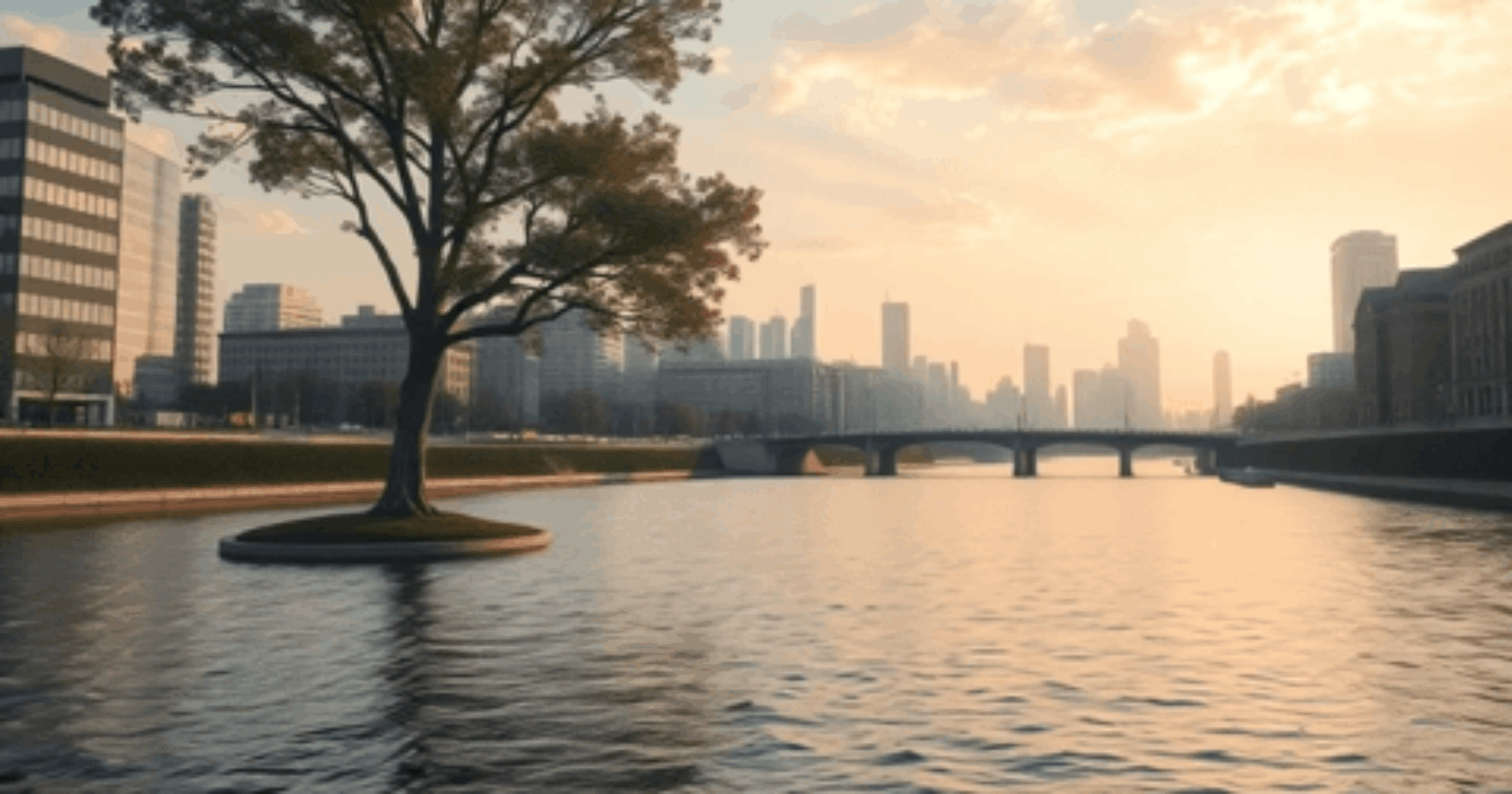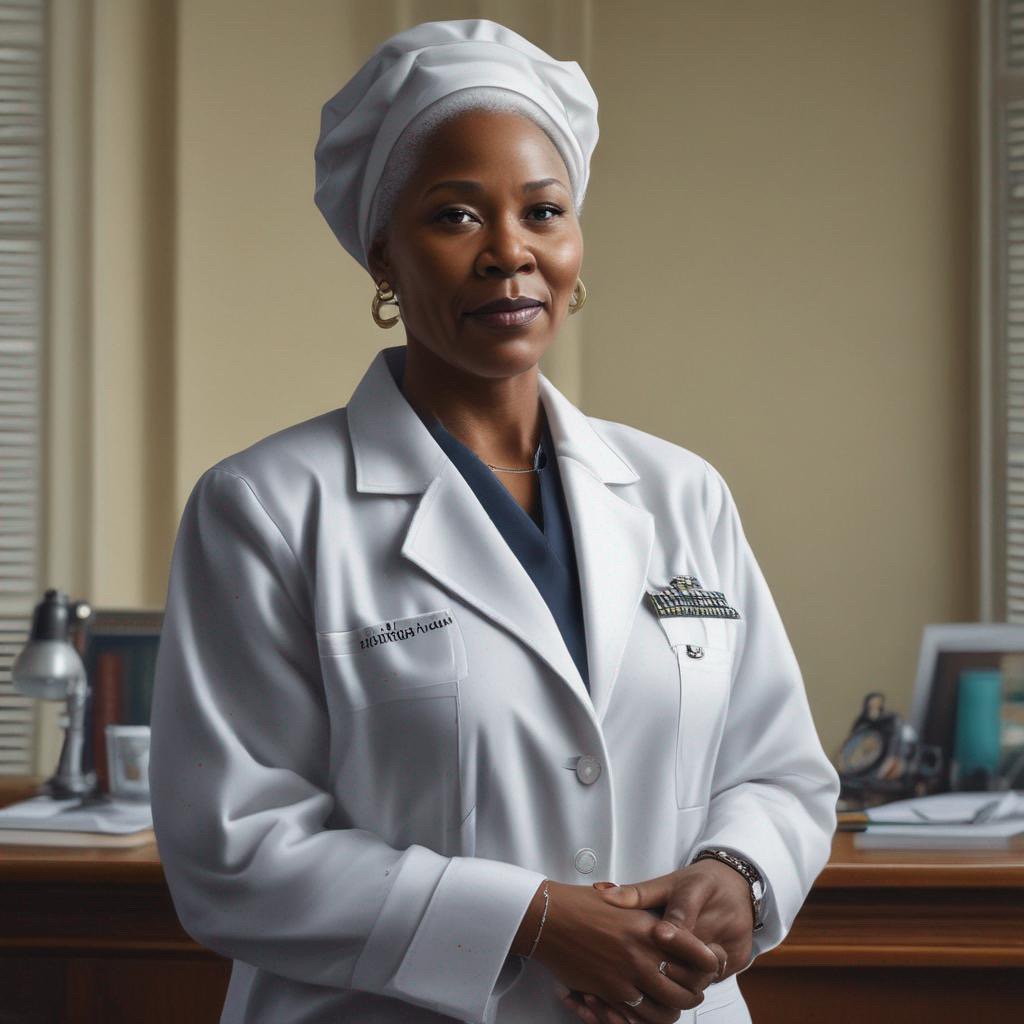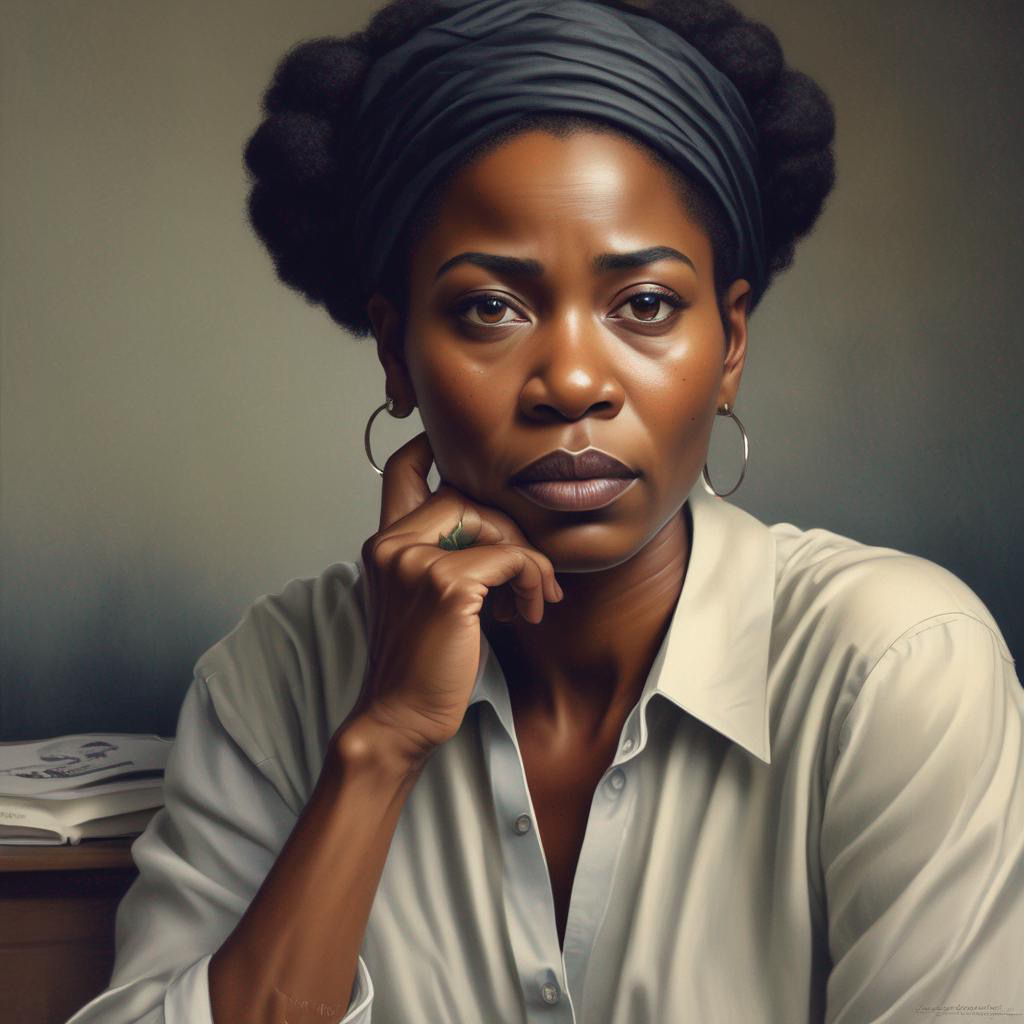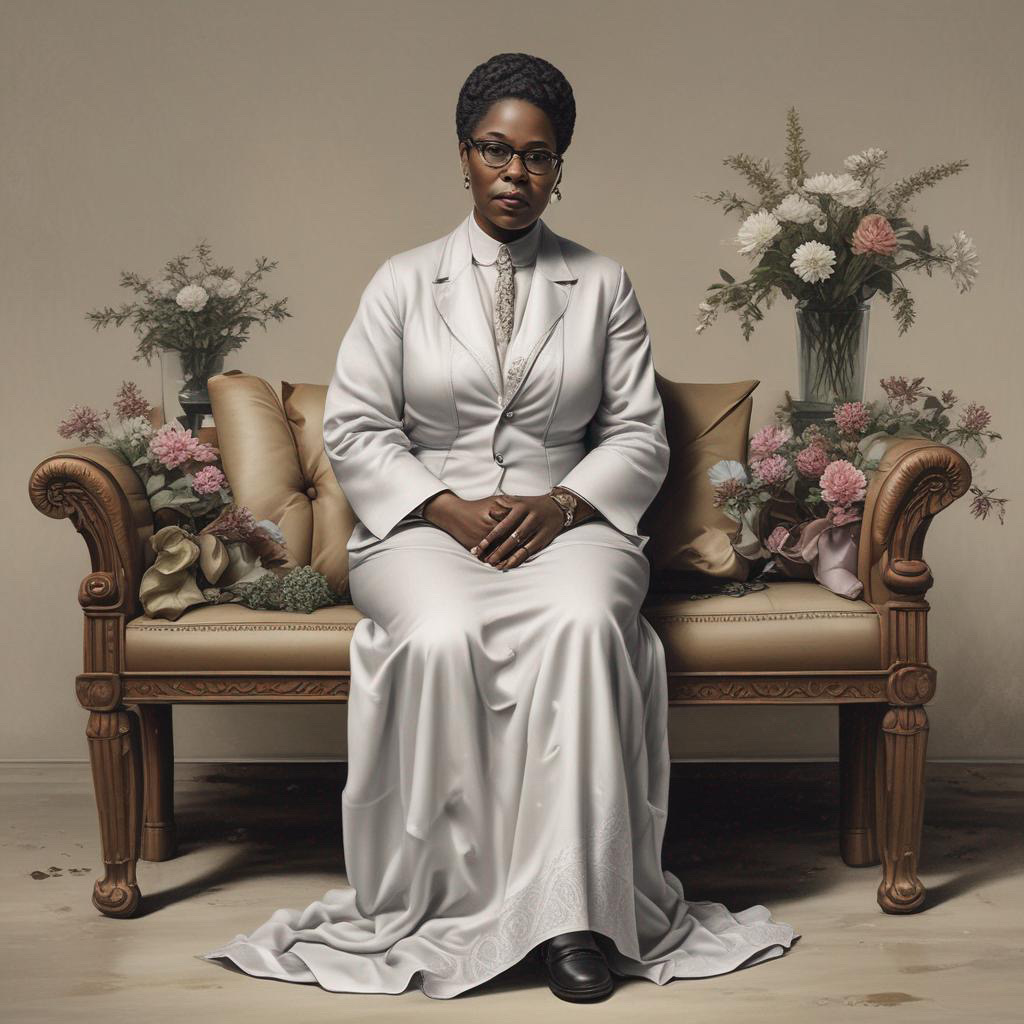In last week’s reflection, we heard the call to a deeper kind of fasting—a fast that transcends mere abstention from food. Isaiah 58:5-6 invites us to embrace a life marked by compassion, justice, and genuine care for one another. The journey resonates with the struggles of our lives, much like the climbers on a daunting mountain, each facing unique challenges.
Imagine the first group of climbers, the elite, who navigate the path easily. They receive accolades and privileges but often overlook those behind them in their ascent. Focusing solely on our achievements can be tempting, forgetting that true fulfillment lies in lifting others as we rise. When we reach out, sharing our blessings and resources, we reflect the heart of God—a heart that beats for justice and love.
Then there’s the middle group, moving forward with determination yet weighed down by the burdens of daily life. They embody resilience, pushing through the mundane and often unjust realities. They remind us to pause and appreciate the small victories—each step taken amid uncertainty is an act of faith. God sees their struggle and honors their perseverance. In these moments of steadfastness, we discover the power of community, where each member’s support is integral. By supporting one another, we create a tapestry of hope woven together by shared experiences and mutual encouragement.
Lastly, we come to the stragglers who stumble along the path, facing physical, emotional, and societal barriers. They may feel invisible, yet their journey is sacred. Isaiah’s words remind us to break the chains of injustice, to provide shelter for the weary, and to extend a hand to the oppressed. When we embrace those who struggle, we help them find their footing and ignite a spark of hope within our communities.
In this divine invitation to true fasting, we are called to embody love in action. Let us be the ones who look back, who lift others, and who take responsibility for creating spaces where every soul can thrive. Together, we can climb this mountain as individuals and as a united family, embodying God’s compassion and justice. In doing so, we discover that hope is not a distant peak but a journey we share, hand in hand.




